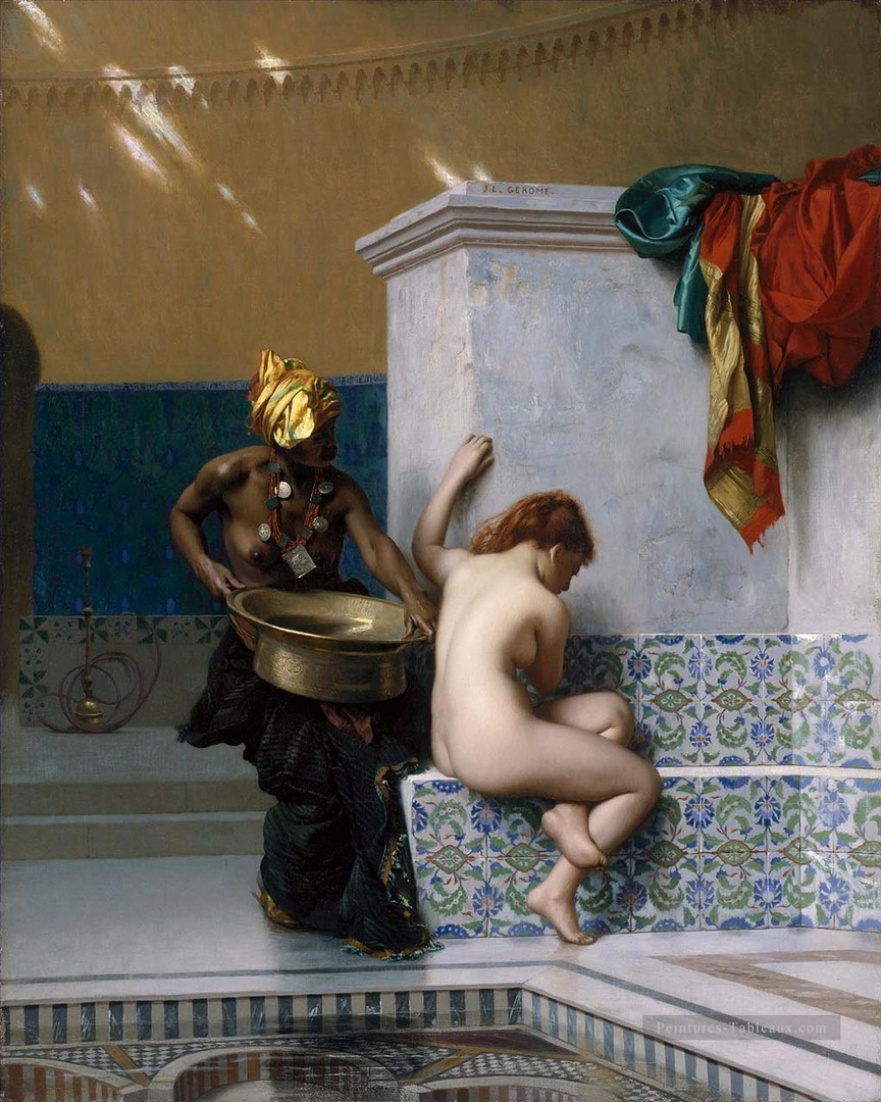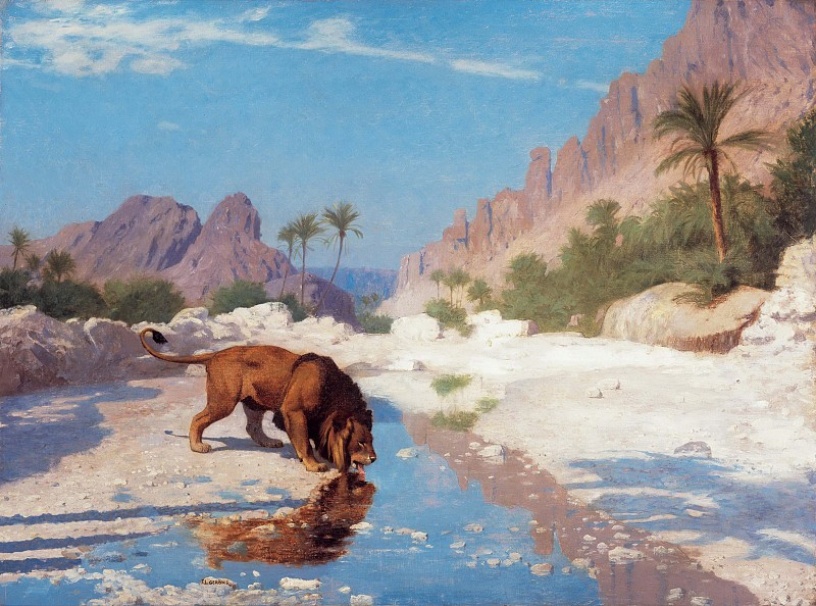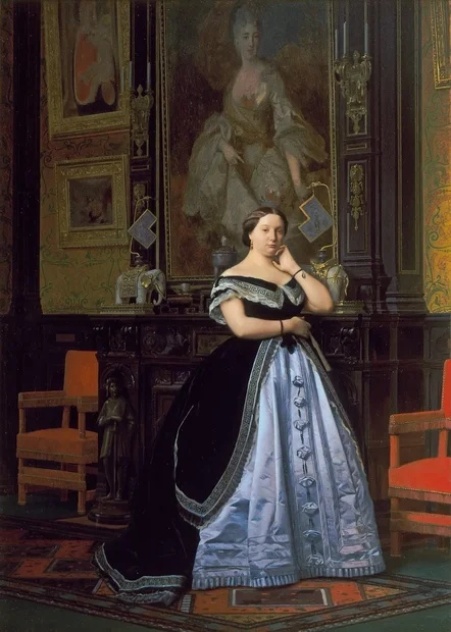French artist Jean-Léon Gérôme (1824-1904)
Jean-León Gerome - painter and sculptor, representative of academism (sometimes attributed to the style of "Greek").
At the age of 9, he entered the local gymnasium, where he showed artistic inclinations and began to learn the technique of drawing. His main mentor was Claude Karjage, introducing the foundations of academic painting to his ward.
In high school years, Jerome made a successful copy of one of the paintings of A. Decampus, Paul Delaroche saw her and spoke highly of Jean's talent. This helped to convince the father to let his son go to Paris, where he went in 1841, having a letter of recommendation from Karjage. My father did not get tired of repeating that artists, unlike jewelers, were poor, and in the end gave his son a year to achieve artistic success.
The successes of Jean-Leon were so noticeable that his father, who visited him in Paris, approved of his studies and began to send him 1,000 francs of content annually, which allowed Jerome to engage exclusively in improving his skills.
Relations with the mentor also developed successfully, Delaroche recommended his student to Parisian art magazines and in 1843 took him with him on a one-year business trip to Rome.
In Naples, he was attracted by the gladiatorial armor found at excavations in Pompeii. He was surprised that not a single European artist of that time was inspired by gladiatorial battles, and he began to diligently study ancient sources, as well as museum collections in search of antique images of duels in the arena.
In 1856, Jerome took a long trip to Egypt, where he made many drawings and sketches, which captured Arabs, Egyptian fellahs, Nubians and other inhabitants of the Nile.
In 1858-1859, Jerome was invited among other artists to design the residence of Prince Napoleon Joseph Bonaparte on Montaigne Street. In parallel, he received a very prestigious order - the design of the personal car-salon of Pope Pius IX.
Having gained fame in monarchical France, Jerome joined the opposition to the Impressionist movement and became a kind of symbol of the inertia of academic art.




























































































































































































No comments:
Post a Comment